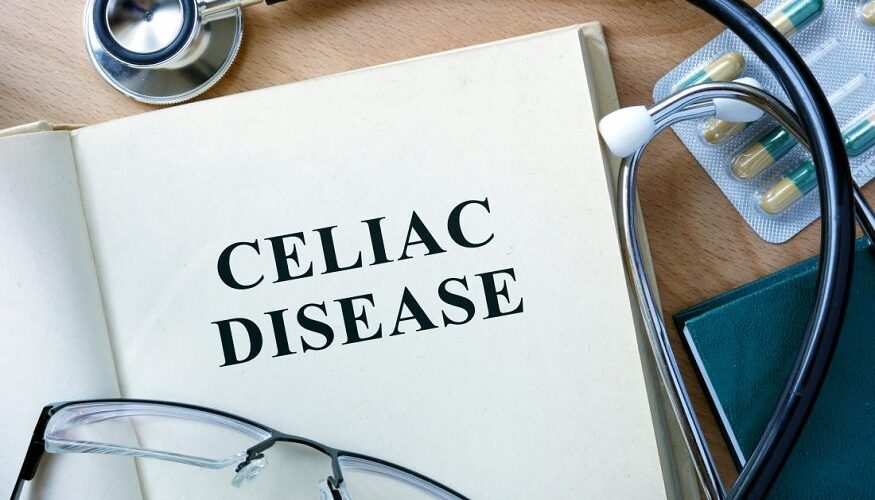One should never overlook the signs and symptoms of celiac disease, as it leaves grave health complications on your body if left untreated. This disease is triggered when you ingest food with gluten, a protein you find in wheat, rye, and barley. This disease is genetic, and when you eat food gluten, you trigger it off. There are other causes of celiac disease; however, its exact reason is not known. These factors could include gut bacteria, practices for infant feeding, and gastro-intestinal infections contributing to the above. There are some cases where celiac disease might surface after surgery, childbirth, viral infection, pregnancy, and severe emotional stress.
YasithWeerasuriya speaks on the risk factors of celiac disease
Yasith Weerasuriya is currently one of the Board of Directors of the Celiac Disease Foundation and the President of Stanbridge University in Irvine and Los Angeles in California, USA. He was the founding President of the College Chapter of Phi Thera Kappa, President of the Alpha Gamma Sigma Chapter, and the President of the Honor Society in the USA and has over 20 years of executive leadership experience in education.
How does the body react to the gluten in the drinks and food you consume?
According to him, when the body’s immune system reacts with the gluten in food, its reaction damages the small hairlike projections in the small intestine called villi. It absorbs vitamins, nutrients, and minerals from the food one eats. If the villi are damaged, you will not get sufficient nutrients no matter how much food you consume.
Risk factors of celiac disease
Celiac disease is more common in people that have-
- A family member having celiac disease or with dermatitis herpetiformis.
- Type 1 diabetes.
- Autoimmune thyroid disease.
- Addison’s disease.
- Down or Turner syndrome.
- Microscopic colitis (lymphocytic or collagenous colitis.)
Complications of celiac disease
If celiac disease is untreated, it will lead to the following health complications-
- Malnutrition- This takes place when your small intestine does not absorb sufficient nutrients. Malnutrition leads to weight loss and anemia, and in kids, this leads to short stature and slow growth.
- Weakening of the bone- Malabsorption of vitamin D and calcium leads to bone softening, known as osteomalacia or rickets in children and adults, it causes osteoporosis or osteopenia, which is a loss of bone density.
- Miscarriage and infertility- Malabsorption of vitamin D and calcium lead to reproductive issues.
- Lactose intolerance- The damage to the small intestine leads to diarrhea and pain in the abdomen after eating or drinking dairy products with lactose. Once the intestine heals, you might be able to take and tolerate dairy products again.
- Cancer- Those with celiac disease who do not maintain a gluten-free diet have a bigger risk of developing many forms of cancer that include small bowel cancer and intestinal lymphoma.
According to Yasith Weerasuriya, some people with this disease can also develop problems like seizures or any nervous system disease, especially to their feet and hands. This is known as peripheral neuropathy.

